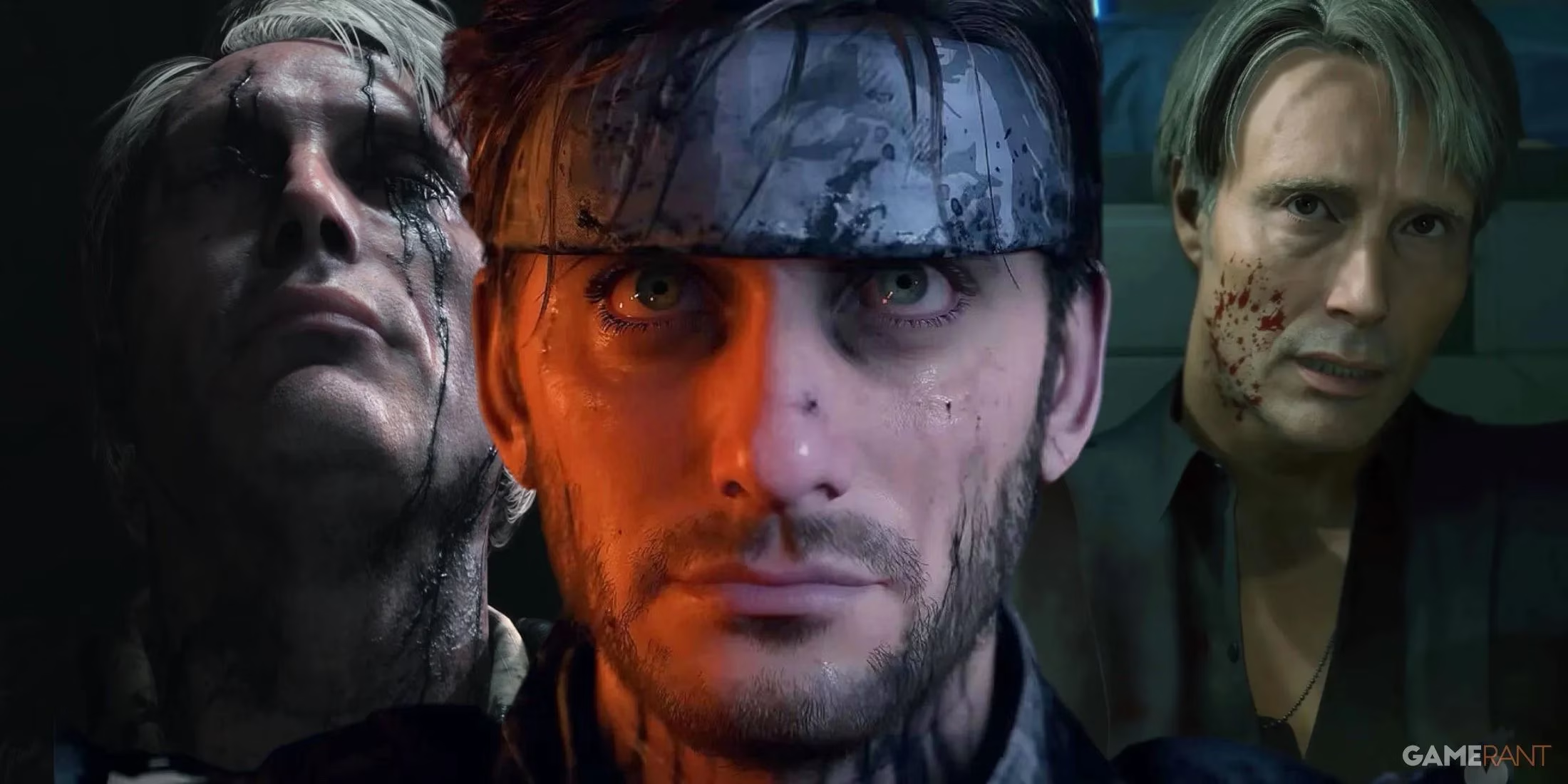Neil Vana's Poetic Tragedy in Death Stranding 2
Explore Neil Vana's profound sacrifice and love in Death Stranding 2, revealing a compelling narrative of redemption and human resilience amid desolation.
In the shifting sands of Death Stranding 2: On the Beach, Neil Vana emerges as a soul adrift on the eternal shores, a porter whose burdens transcend mere cargo. Portrayed by the enigmatic Mads Mikkelsen, Neil's journey unfolds like a forgotten melody in a desolate world, where love and sacrifice intertwine beneath the weight of Bridges' experiments. His tale, woven with threads of heartache and redemption, casts a long shadow over Sam Bridges' odyssey, inviting players to ponder the fragile boundaries between hero and antagonist. Much like a ghost ship sailing against the tide of fate, Neil's presence haunts the narrative, guiding yet doomed by its currents, while the echoes of Cliff Unger resonate as ancient monuments eroded by time—revered but distant relics of a bygone era.
Neil Vana, a fellow porter aboard the DHV Magellan, carries not parcels but brain-dead pregnant women, a stark divergence from Sam's missions that hints at deeper, unseen connections. As the story unravels, players discover Neil's tragic backstory: he and Sam were both entangled in a love triangle with Lucy. When Lucy became pregnant with Sam's child, the baby—destined for experimentation due to Sam's repatriate status—forced her into a desperate gambit. She convinced Neil to falsely claim paternity, a selfless act born of his undying love for her. This sacrifice, like a seed planted in barren soil, yielded unexpected fruit—the child was saved, becoming Lou—but Neil and Lucy perished in their failed escape, their lives extinguished like fleeting embers in a storm.
This revelation elevates Neil beyond a mere foil to Sam; it imbues him with a three-dimensional depth that surpasses even the iconic Cliff Unger. While Cliff, in the original Death Stranding, was a grieving husband driven by paternal desperation, his story felt like a statue in a museum—intricate but confined to the past. Neil, by contrast, embodies a living tragedy, his motivations rooted in a love that transcended jealousy. Where Cliff's actions stemmed from loss, Neil's arose from altruism; he knew Lucy loved Sam yet chose to save her child, a choice that defied anger and embraced compassion. Hideo Kojima masterfully crafts this love triangle as a central pillar, making Neil's character resonate with palpable humanity, much like a lighthouse guiding lost ships only to crumble under its own brilliance.
People Also Ask: Unraveling the Narrative Threads
Players often wonder about Neil's impact on the broader Death Stranding universe. Common questions arise, and while answers unfold in-game, they leave space for reflection:
-
How does Neil's sacrifice shape Sam's journey? His act not only saves Lou but also forces Sam to confront the ghosts of his past, turning the child into a symbol of hope in a fractured world.
-
What makes Neil stand out compared to Cliff Unger? Neil's story is more intimately tied to the present narrative, offering a richer emotional tapestry through his selflessness, whereas Cliff's arc remains a poignant but isolated tragedy.
This depth is not just narrative flair; it fundamentally alters the game's themes. Neil's legacy influences Lou's mind-bending storyline, where her existence challenges the very fabric of reality, much like a fractal pattern emerging from chaos. The Beach, that liminal space of perpetual conflict, becomes Neil's prison and stage, a setting where his struggles mirror the player's own existential quests. 
Yet, the game avoids neat resolutions. Instead, it prompts players to question the nature of heroism and loss: Could Neil's love have saved him? Or was his fate sealed by forces beyond control? 😢 Such ambiguities invite introspection, turning gameplay into a meditation on human fragility. As Death Stranding 2 improves the series with deeper character arcs, Neil Vana stands as a testament to Kojima's evolving storytelling—a beacon of poetry in a genre often dominated by action, urging us to consider that in the end, even the most tragic figures can illuminate the darkest paths.